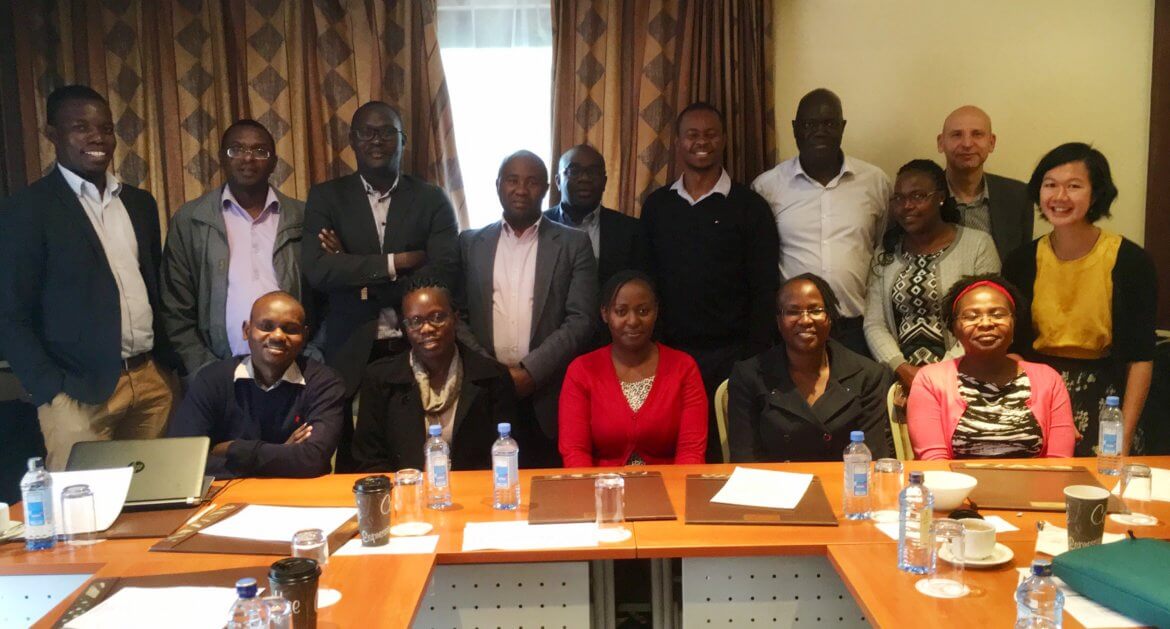A two day workshop focusing on differentiated care models (DCM) was delivered by iDSI, the National AIDS Control Council (NACC) and the National AIDS and STI Control Program (NASCOP) in Nairobi this month.
The workshop was attended by 23 delegates representing NACC and NASCOP, as well partners from the Global Fund to fight against AIDS, Tuberculosis and Malaria; the Centre for Disease Control; USAID, Kenya Institute for Public Policy Research and Analysis; and the National Treasury.
The first day kicked off with presentations and case study exercises by the iDSI team, including an introduction to economic evaluation and to fundamentals of costing; as well as a session on valuing and measuring costs. The HIV programmes in the country highlighted the need to develop a standard framework for costing work in Kenya, given that several costing studies are on-going in the country.
Participants spent the morning of day two discussing the evidence needs for the HIV programme. NASCOP presented the on-going work on the piloting of differentiated care pathways coupled with a quality improvement intervention (DCM+QI) in seven counties. DCM+QI recognises that the change from a single guideline to a differentiated pathways requires up-front investment and training to support providers. As a result, NASCOP has worked for almost two years with facilities in the intervention counties to develop locally relevant solutions to support DCM implementation.
In-country partners, the Global Fund and iDSI, will form a technical working group to support NASCOP and NACC in generating the evidence relating to the pilot. This workshop demonstrated the importance of consultation, especially between external partners and local partners working on the ground in Kenya.
